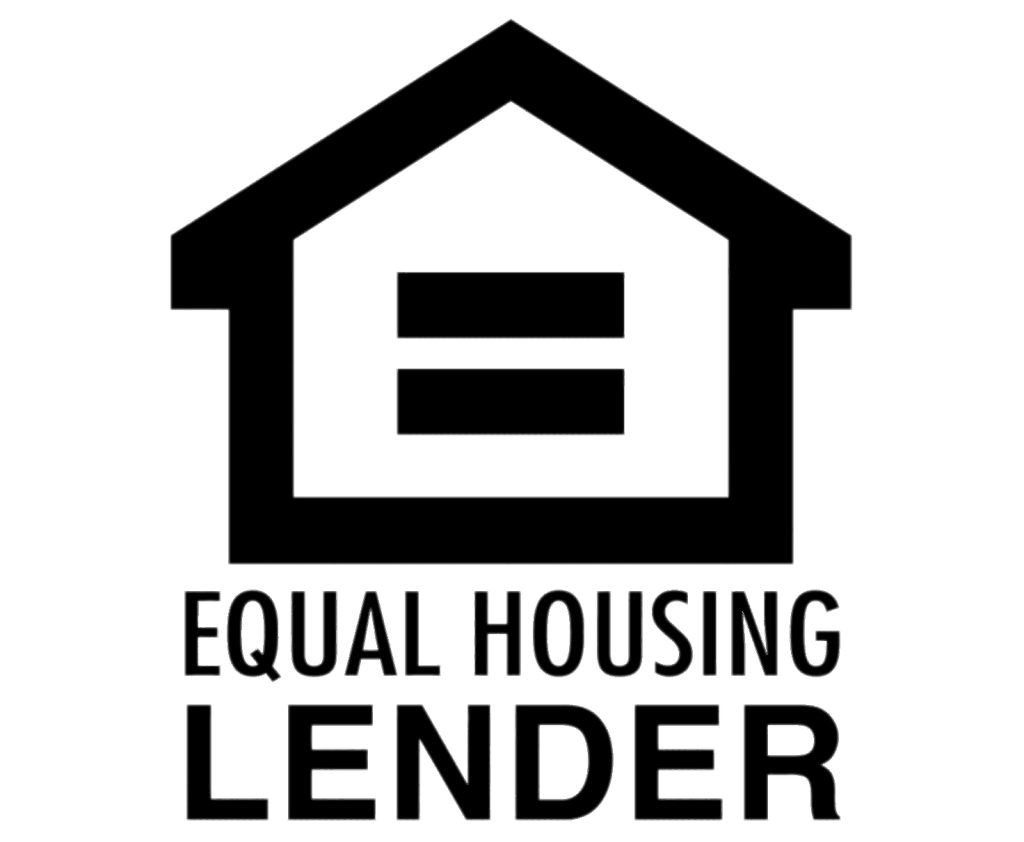뉴스
Tips to Protect Yourself from Fake Check Scams
Posted by PromiseOne Bank in 뉴스
[6/17/2022]
Fake Check Scams
As the pandemic continues and as inflation continues to increase, fraud will continue to rise with it. One of the methods fraudster use is known as a fake check scam. In a fake check scam, fraudsters will issue you a check or money order worth more than the amount owed to you and instruct you to wire the excess funds back to them before receiving your lump sum payment. After you have sent the money, you find out that the check or money order is fake.
Some scams involve payment for a new job, overpayment for something sold online, or “prize money” from a lottery or sweepstakes that you have “won”. Regardless of the situation, the scammer’s goal is always the same, try to convince you to deposit the fraudulent check or money order and then send some of the money back.
Real life scenario:
A fraudster emailed the victim saying he found her resume online and after an “interview” conducted over a texting platform, she was “hired”. The new boss needed her to buy a computer and told her he was going to send her a check for $1,900. The victim thought this was legitimate and deposited the check into her account. The money showed up in her account with no problem (so she thought). The boss then instructed her to send payment to an individual via Zelle for payment of the new computer. The victim knew the money was gone, but assumed it was their money to lose and did not suspect any foul play. What she did not realize was the money was never really there. The job was fake, the check was worthless, and ultimately bounced, leaving the victim overdrawn and liable for the amount overdrawn.
Federal law requires financial institutions to make some portion of the check funds available immediately (Regulation CC), even before the check clears. However that does not mean that the check cannot come back and reverse. This is why you should be careful when depositing checks from individuals unknown to you.
How to protect yourself:
If you are suspicious about a check you received, ask yourself:
- Is the check for more than you expected?
- Did you receive specific instructions on how to deposit the check?
- Are you asked to send money back using an immediate form of payment such as, a money order, gift card, wire transfer, or mobile payment?
- Are you directed to act quickly to make the deposit and return the money?
- Does the person who sent the check keep asking when you’re going to send the money?
If you answered ‘yes’ to any of these questions, don’t deposit the check.
Be aware: It can take weeks for a bank to confirm a bad check after it’s deposited and you may be out the amount of the check and any money sent to the scammer.




